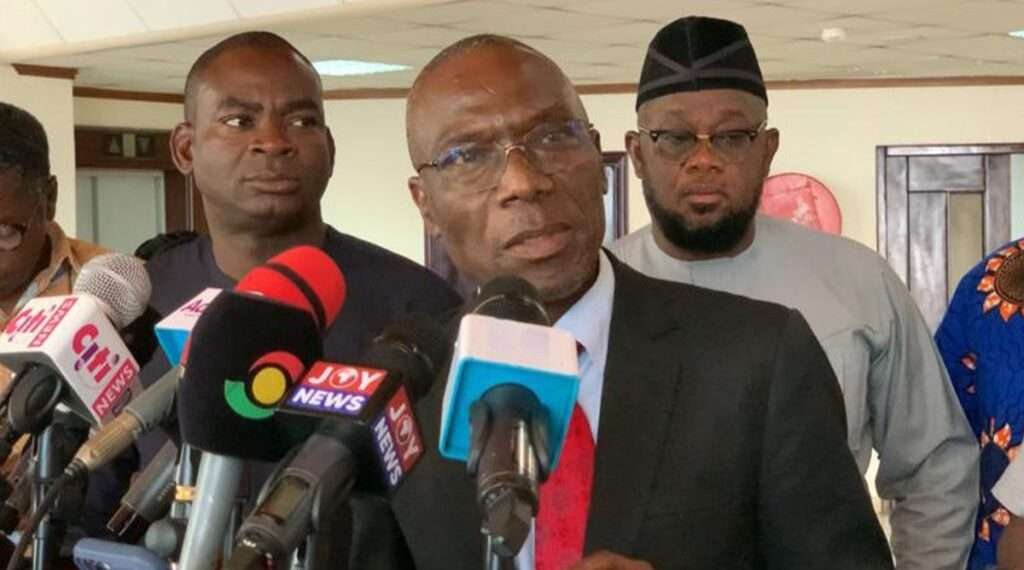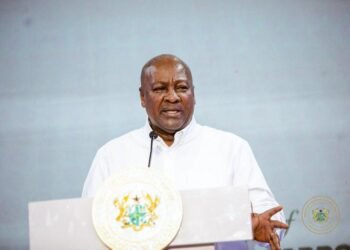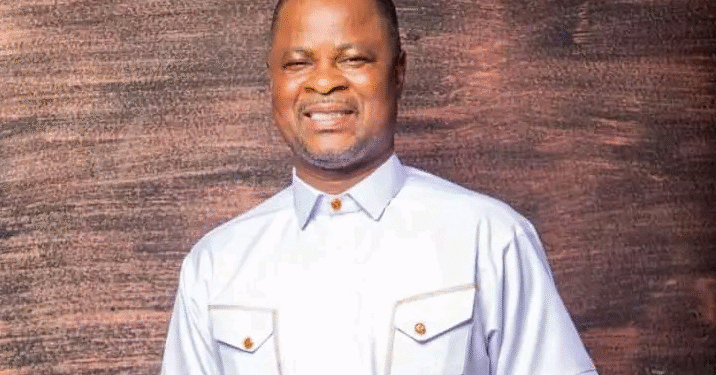Member of education committee of parliament, Peter Nortsu-Kotoe, has disclosed that Ghana’s ranking on the English Proficiency Index should be a cause for concern.
According to him, Ghana’s position as 4th in Africa and 41st globally in the English Proficiency Index is not a remarkable attainment. He revealed that stakeholders must get involved in redeeming the image of the country and ensuring stellar performance in subsequent rankings.
“Yes, there should be a cause for worry although some are not happy, we are using the English language as the only medium of instruction for all our activities. Not until we decide on any Ghanaian language that should be our official language, the English language will remain our official language…”
Peter Nortsu-Kotoe
To perform better, Mr Nortsu-Kotoe expressed the need for government to take a relook at the structure of the country’s education. He emphasized the need for government to outline the specifics required which students are to achieve in the proficiency of the English language.
“Recently in parliament, there was a statement from a member that why should we as an English-speaking country be forced to write TOEFL proficiency in examination before we go to the foreign countries like the UK or US to study or even for work and stay permit. So, we are looking at all those things and trying to make recommendations. That’s why I’m saying we should be worried about it. We should take the necessary steps that will make us develop reading culture and make sure that as we read and understand the language the more, we are able to become more proficient in it.”
Peter Nortsu-Kotoe
Justifying his stance on the need to prioritize English, Mr Nortsu-Kotoe emphasized that English is the official language in the country and every business is conducted in it. He further noted that many countries which hitherto performed below par are now “coming up now with proficiency” in the language and Ghana cannot be left behind.
“Years ago, we used to be on top of all this scale that are used in judging proficiency. But let us not forget that other countries are also doing very well now, and Ghana’s fourth position does not come to me as a surprise. What we need to do now is to up our game, and not be playing fourth position as it is now because we have that flair for good English compared to the other countries. But one major problem we are having now is the inability of our learners to read.”
Peter Nortsu-Kotoe
Addressing English proficiency challenges in schools
Furthermore, Mr Nortsu-Kotoe lamented that due to the fact that the reading culture in the country has reduced so much, there is also the need to revive the interest that learners should have in reading. When this is done, he reckoned that the country can potentially regain its first position.
“Then the use of mobile phone is also creating a problem. We are beginning to like pidgin English so much in the country now which wasn’t the case. So, there’s the need for us also to make sure that whiles we are speaking pidging English, we must not forget about the values of the English language itself that is used as a medium of discussions in our schools.”
Peter Nortsu-Kotoe
Moreover, Mr Nortsu-Kotoe emphasized that there is also the need to look at the methodology that teachers are using in various schools. This, he indicated, largely influences the outcome of learning and comprehension of students.
“Is it retrogressive in the teaching of the language or affecting the proficiency level? If it is so, then what new methods do we adopt to make sure that the teaching of the English language becomes more interesting so that the learners can develop more interest in reading, learning and speaking the language, because if you don’t speak and write well, it affects proficiency. So, those two things must be worked on so that we can do better than we have done.”
Peter Nortsu-Kotoe
READ ALSO: GARCC Restricts Movement of Tricycles In Parts Of Accra























